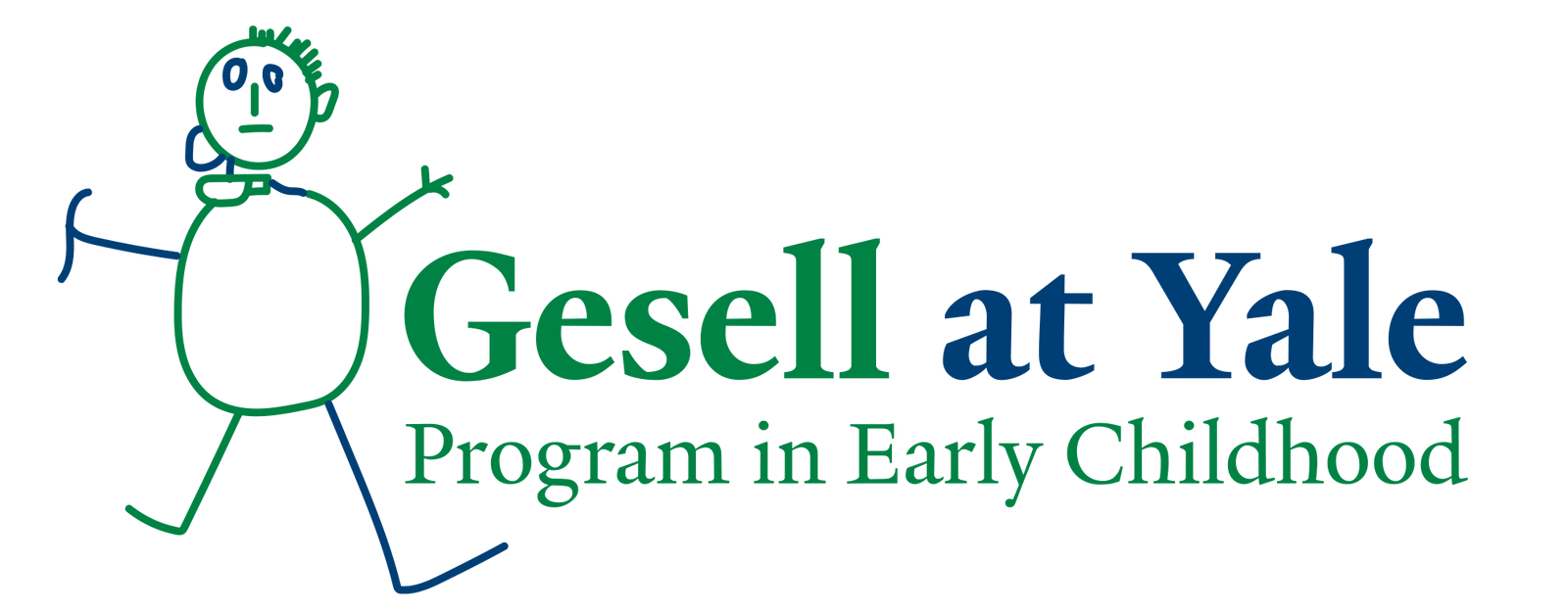Sample Seminar Topics
If you're interested in learning more about or setting up a live or virtual seminar covering one or more of these topics contact us or fill out a Seminar Inquiry Form here.
Sample topics include the following list as well as any topic from our Webinars:
Foundations of Child Development
Fundamental knowledge about the ages and stages of child growth and development give all those who work with young children the ability to see children where they are in all domains. By exploring how each child has a unique developmental profile, expectations can be customized for optimal learning outcomes. This seminar will give participants specific information about each developmental stage as children grow, comprehensive developmental theory, and how stages of growth impact certain behaviors and processes.
Building Brains Playfully
What does neuroscience and current brain research tell us about child development and learning, and what is the role of play of all types in this process? We will apply this knowledge to understand how young children learn best, and consider that all types of play are valuable, but differ in their influence on the growing brain during early childhood. Importantly, we will emphasize executive function skills enriched by socio-dramatic play experiences.
The Fundamentals of Play
Not all play is created equal. While unfettered exploration is essential to allowing children to grow important skills, so is adult-directed guidance and scaffolding. Research suggests four categories defining the intersect of adult directed or initiated play and child directed or initiated play:
1) Free Play
2) Guided Play
3) Co-opted Play
4) Direct Instruction
In this workshop we unpack the difference in play depending on the level and kind of adult involvement. Importantly, we will consider when adult initiated play is helpful to learning, and when it’s time for adults to step back.
Redefining Challenging Behaviors: Building Relationships and Creating Supportive Environments
The Kindergarten Conversation
To accompany our Kindergarten Conversation booklet, this training will consider what it means to be “Ready for Kindergarten” in the context of Ready Kids, Ready Families, Ready Schools, and Ready Communities. This paradigm reveals different and important key points when making decisions regarding the transition from preschool to kindergarten.
The Brain in Early Childhood
Neither scientists nor educators are ready to prescribe MRI informed practices for improving learning in individual children. However, new research does demand that we take seriously how this new knowledge of the developing brain can better inform and influence practice, and ultimately the development and learning of all children; especially those facing adversity. This training will review the latest and best research on brain development, and consider how new findings are bringing us back to old school methods.

